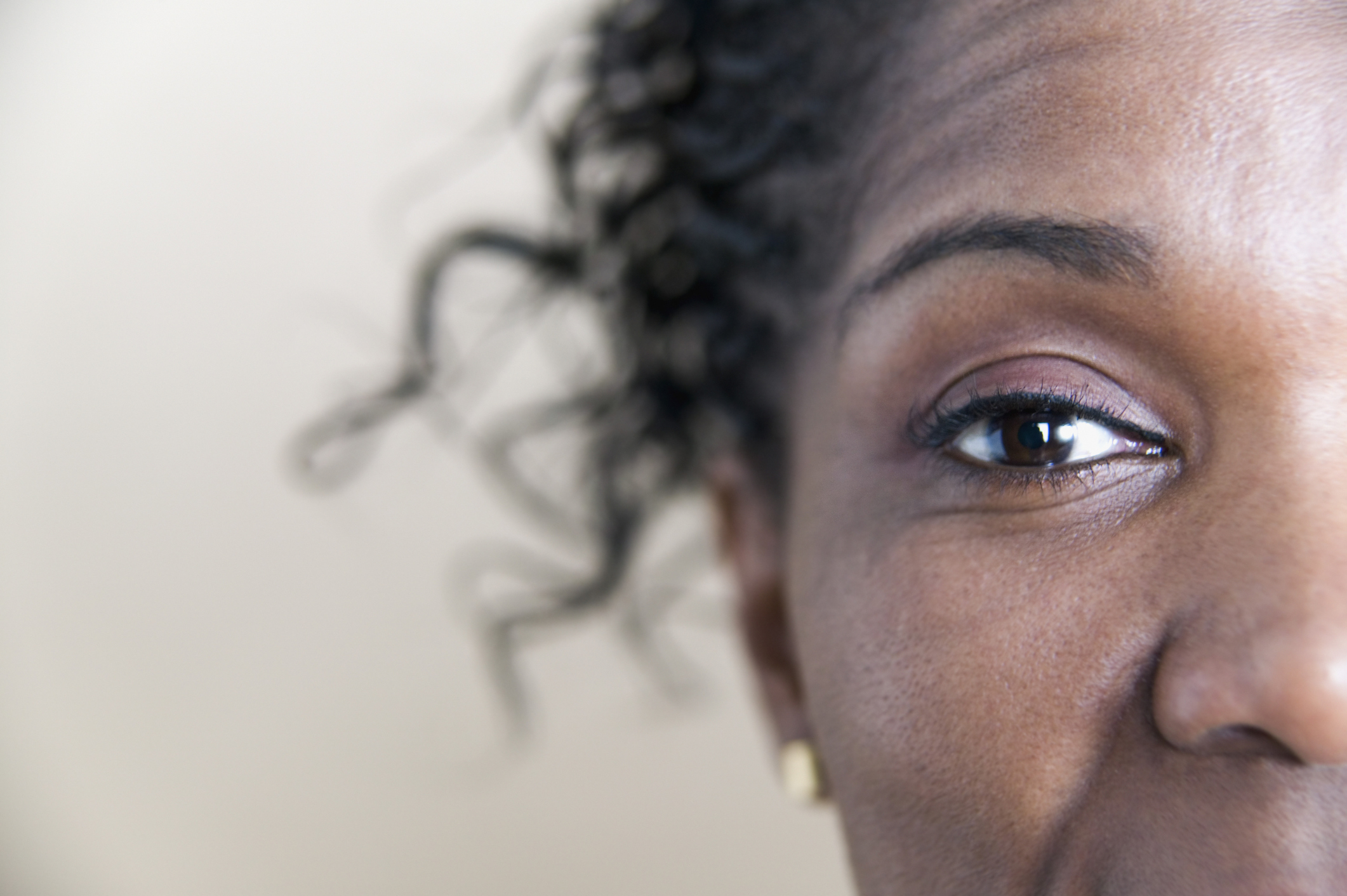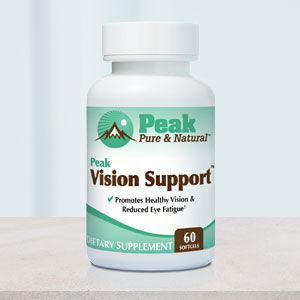Get Easy Health Digest™ in your inbox and don’t miss a thing when you subscribe today. Plus, get the free bonus report, Mother Nature’s Tips, Tricks and Remedies for Cholesterol, Blood Pressure & Blood Sugar as my way of saying welcome to the community!
Why a low-carb, high-fat diet could keep you safe from glaucoma

There are a lot of eye problems you can fall victim to as you get older — cataracts, macular degeneration, farsightedness. But perhaps the most serious and concerning of them all is glaucoma. Why? Because it’s one of the few that can cause permanent and complete blindness.
In fact, glaucoma is among the top causes of blindness in the U.S. About 5 percent of people with glaucoma end up going blind and about 10 percent end up with sight impairment. That may not sound like a lot, but when you consider that there are over 2.3 million cases of glaucoma in the U.S. each year, you’ll see how the number of people going blind as the result of this disease could still really add up.
But do you want to know what I find most alarming about glaucoma?
The initial symptoms — blind spots, tunnel vision, eye pain and blurred vision — are signs your optic nerve is already being damaged, which means you don’t have a lot of time to putz around before you get diagnosed and start treatment. If you write off your symptoms as normal signs of aging and don’t go to your doctor right away or if your doctor misdiagnoses you initially, you can start experiencing irreversible losses to your vision pretty quickly. Luckily, there are a few bright spots when it comes to glaucoma…
The first is that glaucoma is relatively treatable. If you catch it and treat it early, you can prevent the disease from damaging your eyes much. The second is that there are effective ways to greatly reduce your odds of ever developing the disease in the first place… and the latest research shows one of the most effective is healthy eating.
A low-carb, high-fat diet cuts glaucoma risk by 20 percent
A new study from researchers at the New York Eye and Ear Infirmary of Mount Sinai (NYEE) shows that a low-carb, high-fat diet could provide critical protection against glaucoma.
The study included data from 185,000 adults who were between 40 and 75 years old. Participants filled out food frequency questionnaires every two to four years and answered questions about their health over the course of several decades. If they reported being diagnosed with glaucoma, researchers asked their treating eye care providers to send medical records.
Researchers used the food frequency questionnaires to divide participants up by carbohydrate and fat intake. And here’s what they found…
People who ate a low-carbohydrate diet that included a lot of plant-based fat and protein had a 20 percent lower risk of developing primary open angle glaucoma (POAG), which is the most common type. Here’s why that type of eating pattern successfully lowered glaucoma risk, according to the co-corresponding author of the study Louis R. Pasquale, M.D.
“A diet low in carbohydrates and higher in fats and proteins results in the generation of metabolites favorable for the mitochondrion-rich optic nerve head, which is the site of damage in POAG. This dietary pattern has already been shown to have favorable results for epilepsy and showed some promising results for Parkinson’s and Alzheimer’s diseases.”
What low-carb, high-fat diet works best?
Now, if you’re contemplating going keto to protect yourself from glaucoma, there’s one other point I need to mention. People who ate a low-carb, high-fat diet based around animal fat and protein didn’t receive the same glaucoma protection as people who ate a low-carb, high-fat diet based around plant fat and protein. So, a traditional keto diet wouldn’t do the trick most likely.
But you could embrace a (mostly) vegetarian take on the low-carb lifestyle. Or you could even try the ketogenic Mediterranean diet, which is low-carb but includes far less animal fat and protein than the usual take on keto. It involves getting most of your carbs from green vegetables and salads and getting healthy fats from fish, nuts and olive oil.
The good news is, if you decide to go that route, you’ll receive an added bonus because the ketogenic Mediterranean diet has been shown to have a positive impact on brain health, too.
Editor’s note: Did you know that when you take your body from acid to alkaline you can boost your energy, lose weight, soothe digestion, avoid illness and achieve wellness? Click here to discover The Alkaline Secret to Ultimate Vitality and revive your life today!
Sources:
Low-Carbohydrate Diet May Be Associated With Lower Risk of Blinding Eye Disease — Mount Sinai.













